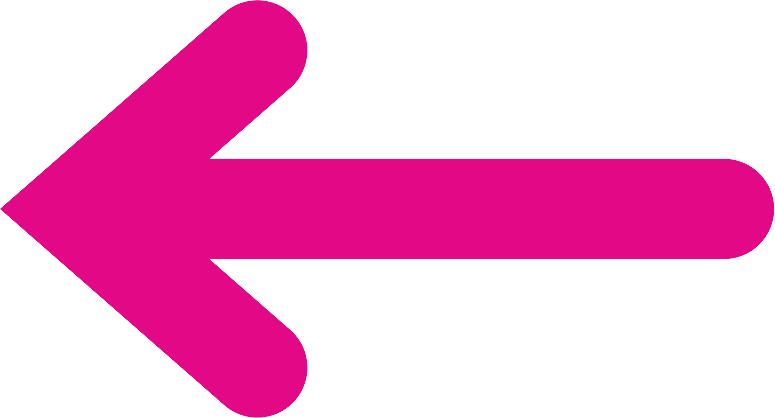A herniated disc is known as a slipped disc or prolapsed or bulging disc. Discs separate the vertebrae in your spine and provide cushioning when you move. They’re made of a soft tissue centre, surrounded by a hard, outer shell. If this outer shell becomes weak, the soft tissue can bulge out.
If this tissue becomes inflamed it can press on a spinal nerve; this can trigger severe back pain, usually in the lower back.
What causes a herniated disc?
A herniated disc can be caused by:
- Wear and tear of the discs as you get older
- Exercising too vigorously
- Vibration from driving or operating heavy machinery
- Repetitive bending or twisting, such as during sports or in the workplace
- Lifting heavy items incorrectly
- Being inactive or overweight
- Smoking – it’s thought that nicotine can weaken the disc tissue
What are some common symptoms of a slipped disc?
Not all slipped discs cause symptoms, especially if they’re not pressing on a nerve, so you may not realise there’s an issue.
If the disc tissue does press on a nerve in your spine, you might notice the following symptoms:
- Pain in your neck or lower back, especially when you’re sitting
- Arm or leg pain
- Weakness
- Pins and needles or numbness in your back, shoulders, hands or feet
- Difficult bending or straightening your back
- Pain in the buttocks, hips or legs if the disc is pressing on your sciatic nerve. This is known as sciatica
If you notice additional symptoms such as a high temperature, unexplained weight loss or swelling in your back, you should see your doctor as soon as possible.
If you develop numbness or weakness in both legs or lose control of your bladder or bowels, you should call NHS 111 immediately.
How do you fix a herniated disc?
- You can treat the symptoms of a herniated disc at home by taking painkillers such as ibuprofen and paracetamol or by alternating a heating pad or ice pack against your lower back. A warm shower may also help.
- If you have severe back pain, you should rest - but avoid staying in bed for more than a couple of days as it could make your muscles weaker and cause further problems. Certain sleeping positions can relieve pain from a herniated disc; try sleeping with a pillow under your knees or lay on your side with a pillow between your knees.
- If your back pain is mild, taking part in gentle exercise and gradually increasing your activity level will strengthen the muscles that support your spine and reduce the chance of a herniated disc recurring.
- If over-the-counter painkillers don’t help relieve the pain from a herniated disc, or your symptoms don’t improve, you should make an appointment with your GP.
Your GP will ask you about your symptoms and may also do a physical examination to find out where your herniated disc is.
If your doctor believes you have a herniated disc, they might prescribe a stronger painkiller or steroid injection, or they may refer you to one of our expert Physiotherapists or - if your symptoms are severe - for an MRI or CT scan.
Do I need surgery for a slipped disc?
You don’t usually need surgery for a slipped disc, but – if your condition hasn’t improved or your muscles are becoming weak - your GP may refer you for further treatment options, including surgery.
How can I prevent a herniated disc?
Once you’ve hurt your back, you’re more likely to encounter a herniated disc or other back problems in the future. Here are some tips on how to avoid future back problems:
- Protect your back when you lift: bend your knees and squat to pick up heavy items
- Think about your posture: when you stand or walk, keep your shoulders back and down, your belly in and look forwards
- Stay active and a health weight: this will reduce load on your lower back
- Stop smoking
How can I access treatment for a herniated disc?
If you’re worried about lower back pain, we can help. Book an appointment online with one of our experienced Physiotherapists, or contact us to book via Livechat or by calling our Private Patient team on 01580 363158.
Published on 04 January 2022







